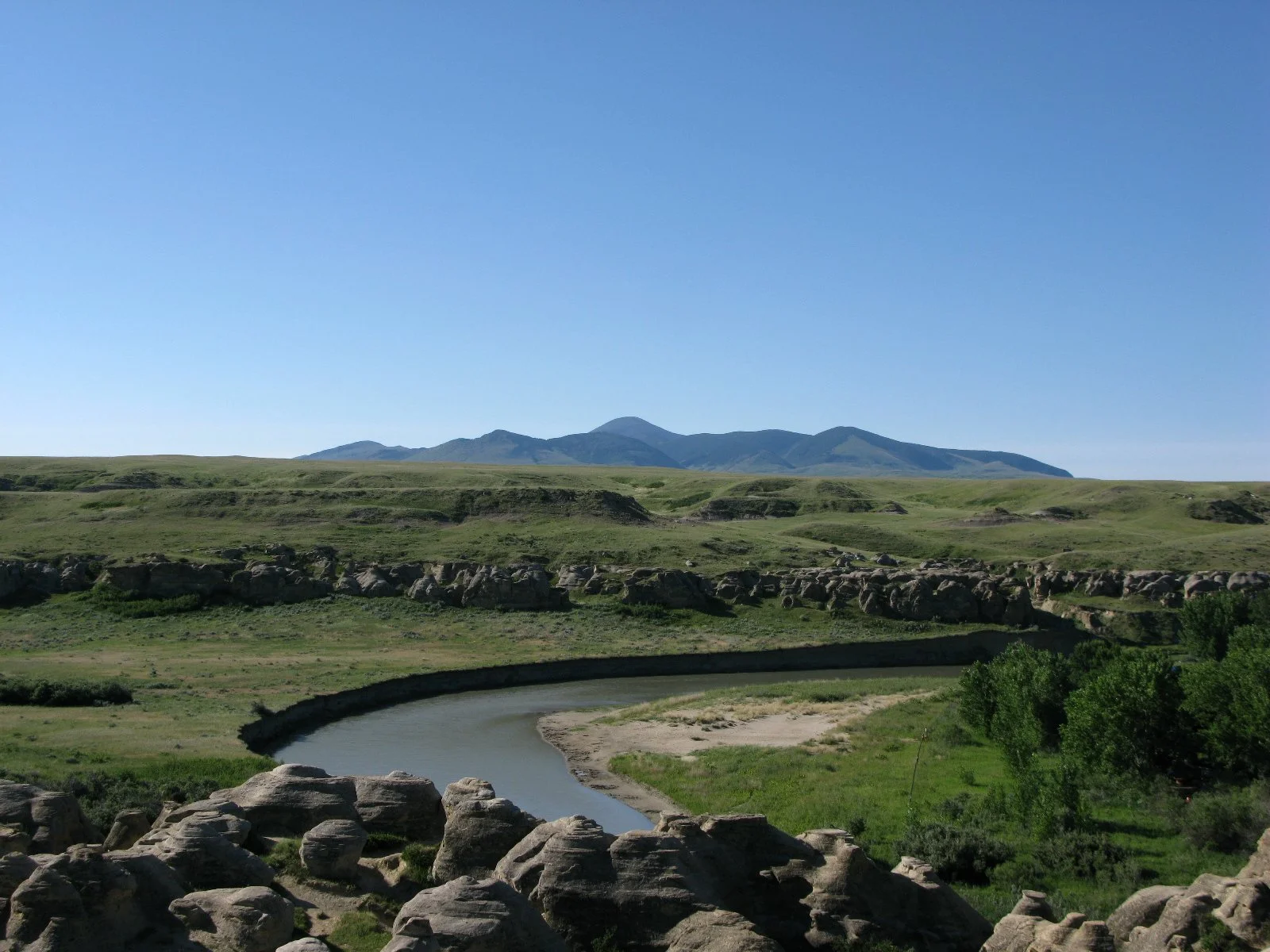An update to the process of updating a 100-year-old water treaty on the Milk and St. Mary’s rivers will be given in early May, officials have announced. Two years ago the International St. Mary and Milk Rivers Study Board began reviewing the Canada-U.S. Agreement, which has been in place since 1921. It aims to update the pact, look at options to “improve access to apportionment,” and mitigate the potential effect of climate change on water supply.
Algoma Public Health lifts water advisory following oil spill
Algoma Public Health lifted its water advisory for everyone who draws water from the St. Mary's River, following an oil spill from Algoma Steel on June 9. "The Ministry of the Environment, Conservation and Parks (MECP) has confirmed that all remediation activities have concluded, with no visible sheen being present on the river," the health unit said in a press release. "Sampling does not indicate any current risk resulting from the oil spill."
No timeline for Echo Bay, Ont. to reopen water plant after oil spill
One of the municipalities most affected by an oil spill from Algoma Steel on the St. Mary's River does not yet know when it will be able to reopen its water treatment plant. Lynn Watson, mayor of the Township of Macdonald, Meredith and Aberdeen Additional, which includes the village of Echo Bay, said they shut down the water treatment plant's intake last Thursday, as soon as Algoma Steel alerted them of the oil spill.
Algoma Public Health warns people not to drink water from St. Mary's River after oil spill
Algoma Public Health is warning people who draw water directly from the St. Mary's River or who have a well near the shore not to drink the water due to an oil spill. The spill does not affect the Sault Ste. Marie municipal drinking water system. The health unit says if your drinking water intake is located east (or downstream) of the Algoma steel mill and the Great Lakes Power plant, there is a risk of contamination.
Alberta’s border communities fear water shortage after Milk River collapse in U.S.
Following May long weekend, communities just north of the United States border will have to focus on conserving their water use. “We are very dependent on a system that was built in the 1900s in Montana to get a consistent source of water to the Milk River,” Coutts Mayor Jim Willet said on Friday. That system ultimately failed on Sunday when the final drop that funnels water from St. Mary’s River in Montana to Milk River in Alberta collapsed.






